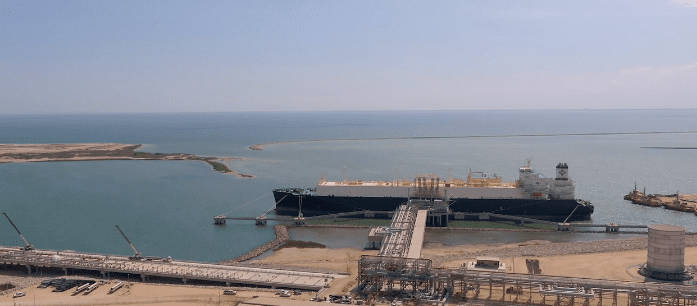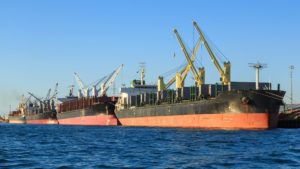
The administration of President Joe Biden confirmed on Friday that it is launching a review of the U.S. approval process for new liquified natural gas (LNG) export permits to non-Free Trade Agreement Countries.
Final approvals of new LNG exports are being put on hold by the US government as it reviews climate and economic impacts.
The U.S. Department of Energy (DOE) will conduct a review that will look at the economic and environmental impacts of projects seeking approval to export LNG.
During this period, the Department of Energy will evaluate the impacts of LNG exports on energy costs, America’s energy security, and climate change, said the White House.
“DOE has been given the responsibility by Congress to evaluate the public interest of proposed exports to countries with which the United States does not have a Free Trade Agreement,” the government noted.
As it is stated, this move will not impact US ability to supply its allies in Europe, Asia or other recipients of already authorized U.S. exports.
The U.S. has emerged as the world’s largest exporter of LNG with 14 billion cubic feet per day in current operating capacity, and 48 billion cubic feet per day in total authorizations approved by DOE to date.
Last year over 60% of U.S. LNG exports went to Europe, and the U.S government has worked with European countries to “successfully economize consumption and manage their storage to ensure that Russia cannot threaten their security of supply,” as DOE said.
Jennifer M. Granholm, U.S. Secretary of Energy, said: “This administration is committed to the affordability of energy and economic opportunities for all Americans; strengthening energy security here in the US and with our allies; and protecting Americans against climate change and winning the clean energy future.
“This practical action will ensure that DOE remains a responsible actor using the most up-to-date economic and environmental analyses.”
The Biden administration in its announcement highlights the industry is expected to double its exports by the end of the current decade.
They said the U.S. remains “unwavering in our commitment to support our allies. This increased capacity has and will continue to support our European, Asian and other allies.”


